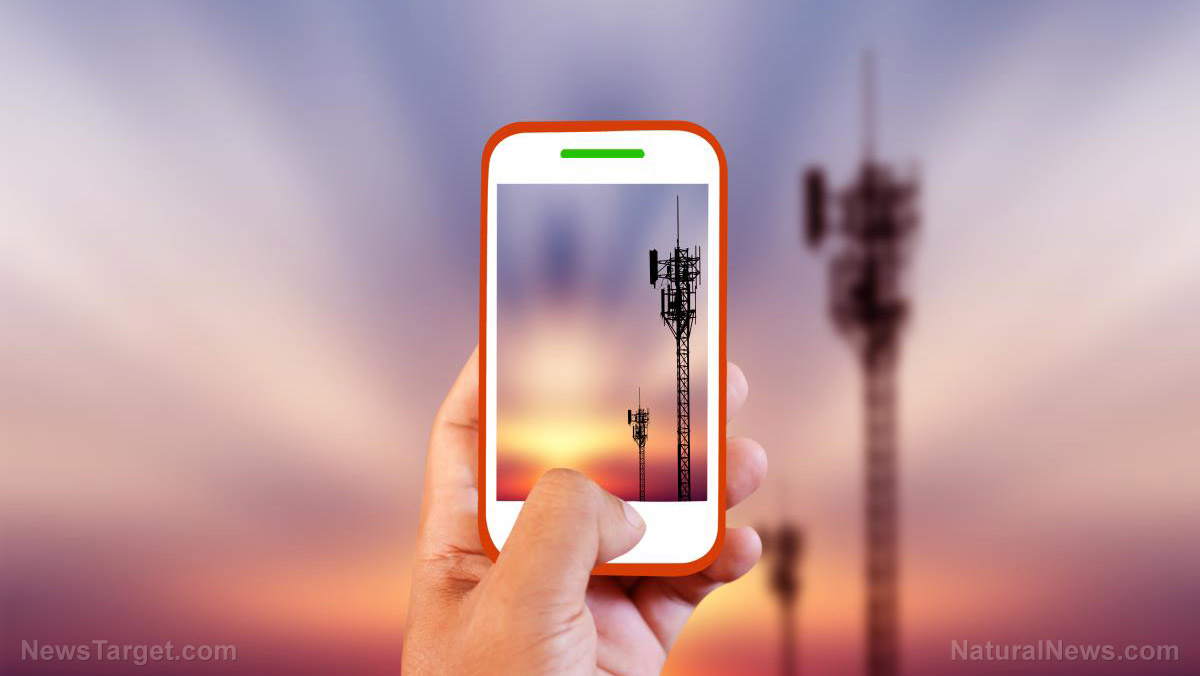
The Federal Communications Commission (FCC) was sued by two health advocacy organizations over the agency's "capricious, arbitrary and not evidence-based" refusal to acknowledge that wireless technology devices and infrastructure, such as cell towers and smartphones, can have serious health effects.
On Monday, Jan. 25, attorneys for the Children's Health Defense (CHD) and the Environmental Health Trust (EHT) presented oral arguments before the Court of Appeals for the District of Columbia Circuit challenging the support of the FCC for keeping radiofrequency levels the same.
The CHD's and EHT's oral arguments against the FCC also attacked the agency's support for the telecommunications industry's long-term effort to impose 5G wireless technology on American consumers.
The CHD and the EHT's documents were supported by documents provided by numerous other groups. Some of the documents came from medical associations like the California Medical Association and the American Academy of Pediatrics. Some other documents came from the federal government itself, such as the Department of the Interior, the Navy, the Military, the Environmental Protection Agency and the National Toxicology Program.
All in all, the CHD and the EHT's lawsuit submitted 440 documents consisting of over 11,000 pages of evidence.
The petitioners argued that the FCC ignored the extensive evidence submitted to it showing that "nonthermal levels of pulsed and modulated radiofrequency radiation emitted by wireless technology are harmful to humans, wildlife and the environment."
The lawsuit argued that the FCC violated the Administrative Procedure Act because its conduct during the inquiry "failed to provide a record of a reasoned decision making" and its decision to ignore all evidence presented against it was "capricious, arbitrary and not evidence-based." The petitioners also believe that the FCC violated the National Environmental Policy Act because it failed to consider the environmental impacts of its decision.
FCC sees no evidence that wireless technology can cause any harm
The FCC opened an inquiry in 2013 regarding the potentially disastrous health effects caused by radiation emitted from wireless technology, such as from cell towers and from Wi-Fi routers. The agency opened this inquiry to potentially reassess its "radiofrequency exposure limits and policies" after the House of Representatives' Government Accountability Office recommended an investigation.
The FCC received over 1,700 filings detailing the tremendous amount of scientific and human evidence of physical harm. These documents include peer-reviewed studies showing how radiofrequency radiation contributed to a variety of health effects including carcinogenicity, infertility, cognitive defects, cardiovascular problems, DNA damage and many other conditions. (Related: Still think 5G is harmless? Scientific American issues warnings about the confirmed and UNKNOWN DANGERS of 5G tech.)
Multiple scientific and medical organizations and hundreds of other individuals sent pleas for the FCC to reconsider its limits on acceptable radiation levels. Some of those who submitted filings included parents whose children were supposedly harmed by wireless technology.
The FCC dismissed all the evidence and closed the inquiry in December 2019, arguing that there was no evidence that wireless technology caused any harm and there was no need to review any of its guidelines regarding radiofrequency exposure limits.
"The vast majority of filings were unscientific, and even the filings that sought to present scientific evidence failed to make a persuasive case for revising our existing radiofrequency limits," declared the FCC in a resolution following the shutdown of its own inquiry.
The FCC also sought the support of the Food and Drugs Administration, stating that its "sister health and safety agencies" did not find any of the evidence "moving" and therefore found no reason "to issue substantive policy recommendations for strengthening radiofrequency exposure regulation."
Learn more about the health risks associated with wireless technology such as 5G by reading the articles at Radiation.news.
Sources include:
Please contact us for more information.




















